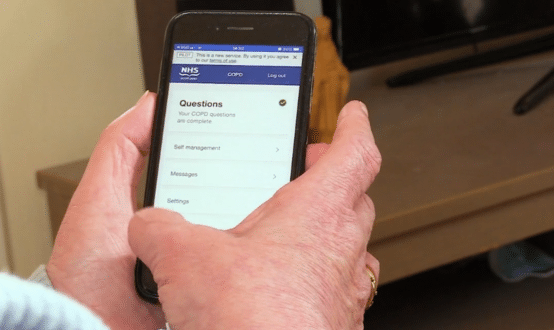MHRA and NICE receive funding to explore digital mental health tools
- 13 October 2022

A £1.8million funding boost has been given to the Medicines and Healthcare products Regulatory Agency (MHRA) and the National Institute for Health and Care Excellence (NICE) to go towards exploring regulation of digital mental health tools.
The funding has been provided over three years from Wellcome and is to help improve regulatory certainty and safety, following an increase in the number of digital mental health tools now available. The work from MHRA and NICE will focus on producing guidance for appropriate, risk-proportionate regulation of such products.
Currently, there are challenges around the regulation of digital mental health tools, such as clarity around whether they are medical devices and if so, which risk classification they fall into.
Johan Ordish, head of software and AI at the MHRA said: “there are a number of regulatory complexities in establishing when these products should be regulated and what evidence they must have to demonstrate safety and effectiveness.
“We need to make sure that we are able to answer these questions, to ensure that patients can be confident in the choices they make to support their mental health.”
The project will review key aspects of medical device regulation to deliver guidance that will support digital mental health. This includes determining what qualifies as a medical device, the risk classification, plus a review of the current evidence base for these devices.
Dr Miranda Wolpert, director of mental health at Wellcome, said: “At Wellcome, we support the development of new and improved interventions for mental health, which includes digital interventions. One of the ways that we can encourage the development of tools that genuinely help and support as many people as possible will be through risk-appropriate guidance and regulation.
“The MHRA will be engaging with and learning from people with lived experience of mental health conditions, helping to ensure that that the regulation is at the right level, relevant and robust.”
The MHRA and NICE will engage with people with lived experience, subject experts and patients to help inform the conclusions they draw. They will also work with international partners to drive shared learning and consensus in digital mental health regulations globally.
It is hoped that the public will gain access to safe and effective products, by improving regulations for digital mental health software and tools.
Mark Salmon, programme director for information services at NICE, said: “This work is one way both organisations can simplify and streamline the process of getting wide-scale adoption of safe, clinical and cost-effective digital mental health products into the hands of the people who need them and help ease the pressure on the NHS.”
Earlier this year, a collaboration between Kooth and myGP enabled patients to self-refer to a digital mental health platform.




